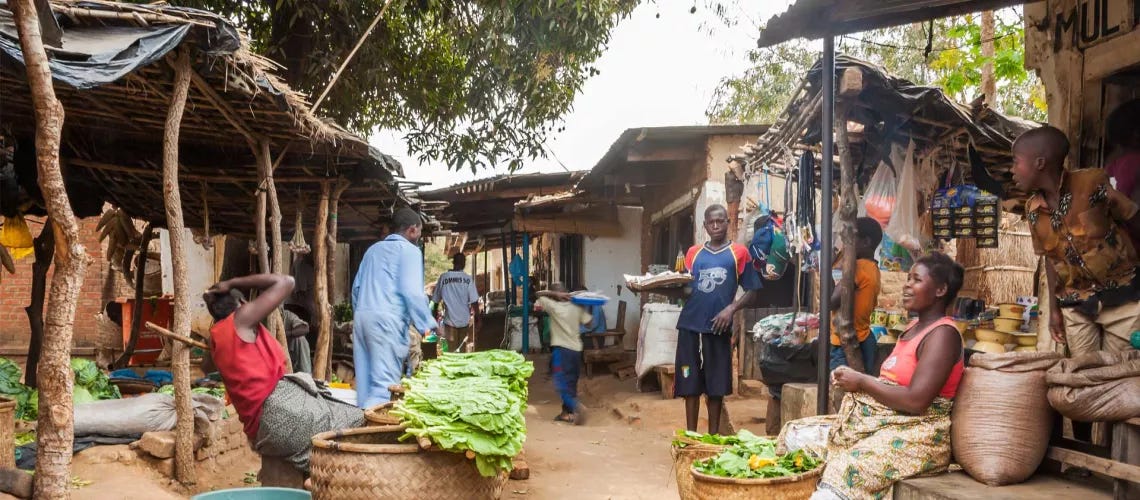Malawi Central Bank Hikes Policy Rate to 24% to Curb Inflation
The RBM also increased the Liquidity Reserve Requirement (LRR) ratio on domestic deposits by 200 basis points to 7.75%.
LILONGWE, Malawi-The Reserve Bank of Malawi raised its policy rate by 200 basis points to 24% on Wednesday in an effort to curb inflation, which is likely to have a significant impact on the Malawian economy by making it more expensive for businesses to borrow money and dampening demand, writes Winston Mwale.
The RBM also increased the Liquidity Reserve Requirement (LRR) ratio on domestic deposits by 200 basis points to 7.75%.
The decision was made by the RBM's Monetary Policy Committee (MPC), which cited rising inflationary pressures as the reason for the rate hike.
Headline inflation in Malawi reached an average of 28.4% in the second quarter of 2023, up from 26.5% in the first quarter.
Food inflation, which accounts for about half of the CPI basket, rose to an average of 38% in the second quarter, up from 31.7% in the first quarter.
Dr Wilson T. Banda, Chairperson of the MPC said that the rate hike was necessary to "contain demand and reduce inflation towards the medium-term target."
The committee also said that it would continue to monitor the inflation situation and take further action if necessary.
Analysis:
The RBM's decision to raise the policy rate is a significant move, and it is likely to have a major impact on the Malawian economy. The higher interest rates will make it more expensive for businesses to borrow money, which could slow economic growth. The higher interest rates will also make it more expensive for consumers to borrow money, which could dampen demand.
The rate hike is likely to be welcomed by some businesses and consumers, as it could help to bring inflation under control. However, the rate hike could also have a negative impact on economic growth, and it is important to monitor the situation closely in the coming months.
The RBM has said that it will continue to monitor the inflation situation and take further action if necessary. It is possible that the central bank could raise the policy rate again in the future, if inflation continues to rise. However, the RBM will need to carefully balance the need to control inflation with the need to support economic growth.
Implications:
The rate hike is likely to have a number of implications for the Malawian economy. Businesses that rely on credit to finance their operations may find it more difficult to obtain loans, which could lead to slower economic growth. Consumers may also find it more difficult to borrow money, which could dampen demand for goods and services.
The rate hike could also have a negative impact on the country's currency, the Malawi kwacha. The kwacha has been under pressure in recent months, and the rate hike could make it even weaker. This could make it more expensive for Malawi to import goods and services, which could further contribute to inflation.
The RBM will need to carefully monitor the impact of the rate hike on the economy. If the rate hike has a significant negative impact, the central bank may need to take steps to mitigate the impact. This could include providing more liquidity to the banking system or cutting interest rates.




